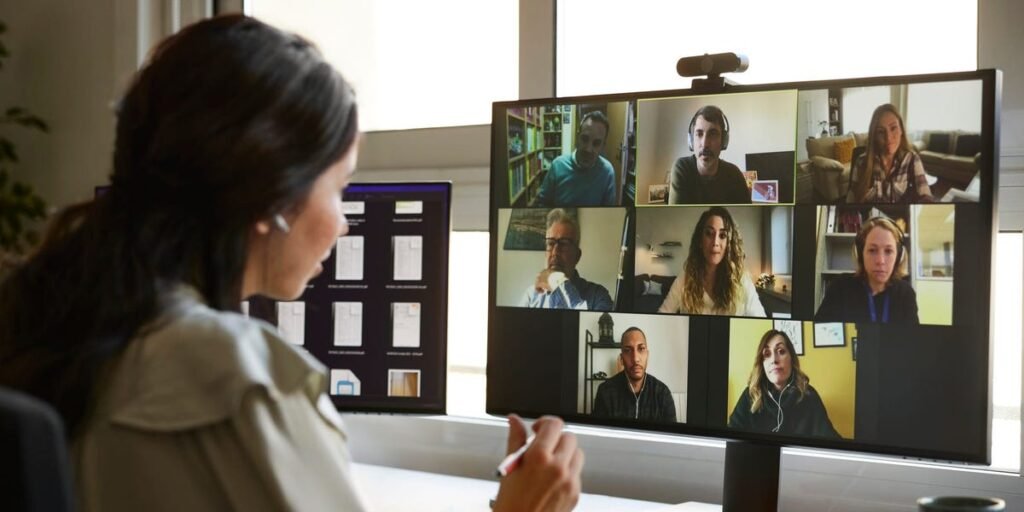Gen Z is usually known as lazy — however a Cambridge College professor thinks youthful individuals simply have a special concept about what work means.
Thomas Roulet, who teaches organizational sociology and management on the Choose Enterprise Faculty, defended the technology’s work ethic in a video posted on the college’s YouTube channel.
“All generations have been saying that youthful generations are lazier at work — allegedly, even Socrates stated that,” he stated, referring to the Greek philosopher’s belief that the kids of his day had been useless and lazy. “If we take a look at motivational drivers, analysis exhibits that throughout generations, motivational drivers are the identical.”
Roulet added: “The expectations towards work have modified. Youthful generations need progress, objective, and, on the identical time, a work-life steadiness — and organizations must rise to fulfill these calls for.”
“The third aspect is the financial context. Whereas a job 30 or 20 years in the past would have supplied additional safety, this isn’t essentially the case, and it would not, for instance, assist youthful generations get on the property ladder.”
Roulet’s feedback are in battle to a point with the views superior by a number of prime executives together with JPMorgan CEO Jamie Dimon.
The billionaire stated on the financial institution’s investor day this week that he had little sympathy for younger generations as a result of that they had higher life expectancy and had been prone to work fewer hours.
“I do not really feel so dangerous for Gen Z and millennials,” Dimon stated, including that his grandparents had been Greek immigrants who arrived within the US with nothing however “a shirt on their again.”
“Let’s put issues in perspective a bit of bit,” the Wall Road titan added. “They will be working most likely 3.5 days every week. They will dwell to 100. They are not going to have most cancers. They will be in fairly good condition, supplied the world would not destroy all of it with nuclear weapons, which is the biggest risk in the world.”

